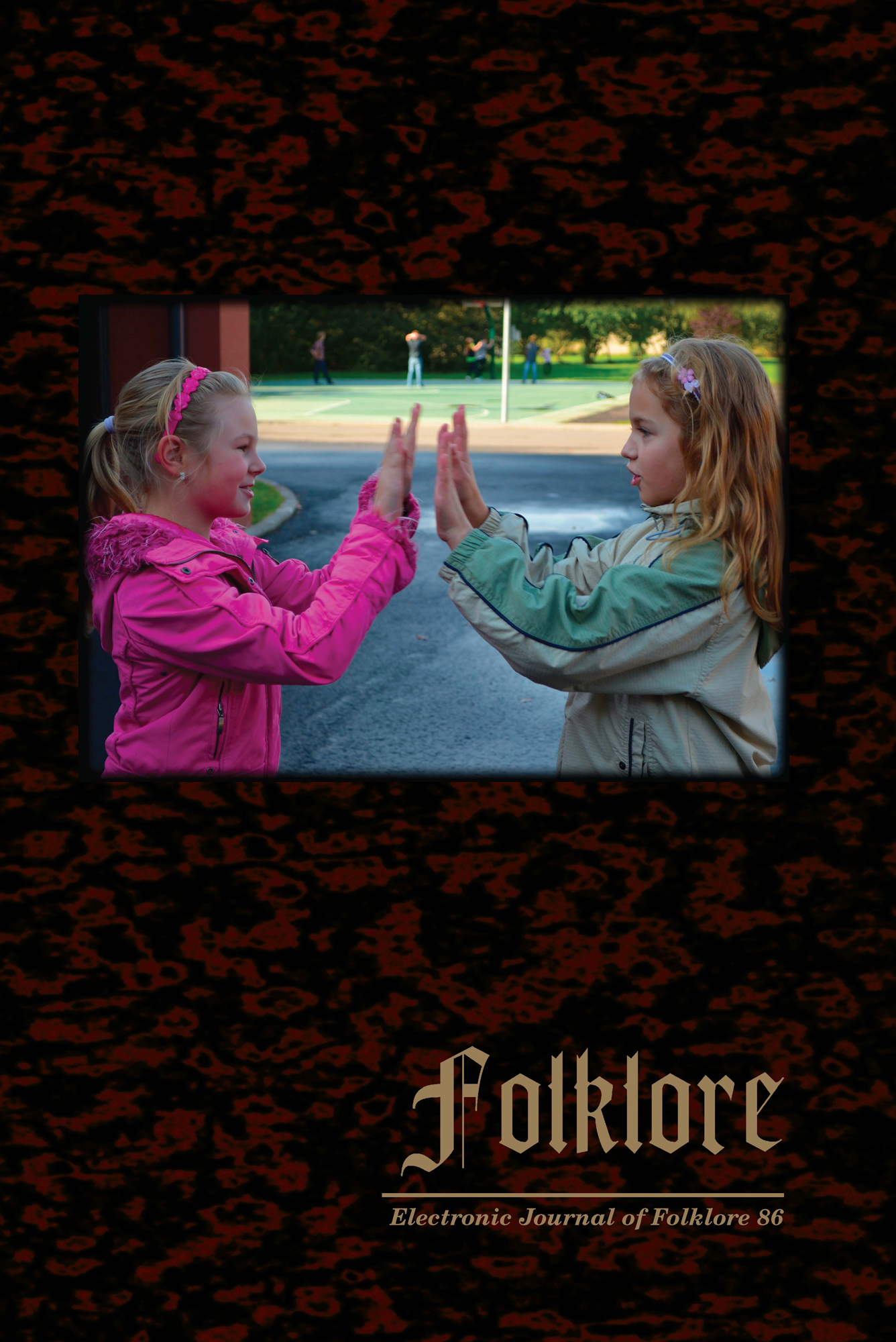Representations of Distance Learning in the Memes of the First Wave of the Covid-19 Pandemic: Humour as a Coping and Self-Defence Strategy
Representations of Distance Learning in the Memes of the First Wave of the Covid-19 Pandemic: Humour as a Coping and Self-Defence Strategy
Author(s): Piret Voolaid Subject(s): Customs / Folklore, Communication studies, Cultural Anthropology / Ethnology, Culture and social structure
Published by: Eesti Kirjandusmuuseum
Keywords: COVID-19; crisis management; distance learning; home schooling; humour; memes; school lore; visual communication;
Summary/Abstract: Among the many restrictions implemented at the beginning of the COVID-19 pandemic, the transition from face-to-face learning to distance learning was perhaps the most important one. The article analyses representations on distance learning in humorous memes, highlighting the different perspectives to distance learning – those of students, teachers, and parents. The paper addresses the following research questions: Which local and global features are manifested in the Estonian memes on distance learning? How have students drawn on various cultural resources in these memes (e.g., elements of popular culture known from earlier literature, cinematography, music and elsewhere)? What do the memes tell us about the relationships between children, teens, and parents or between students and teachers? Or, in more general terms, which behavioural patterns related to distance learning are the most prevalent and which are perceived as problems in distance learning during the pandemic or serve as the butts of jokes in memes? Distance learning memes offer an alternative view on this important form of teaching and learning under the pandemic restrictions, but also on the social aspects of distance learning and the more general crisis in the sphere of education. In my approach to the vernacular reactions to distance learning, I rely on qualitative content analysis. In interpreting the distance learning tradition and its many facets, I revisit the ambivalent trickster character, well-known in folklore and mythology, who could be recognised in the role of a student, a teacher, and a parent in the crisis situation.
Journal: Folklore: Electronic Journal of Folklore
- Issue Year: 2022
- Issue No: 86
- Page Range: 79-110
- Page Count: 32
- Language: English

